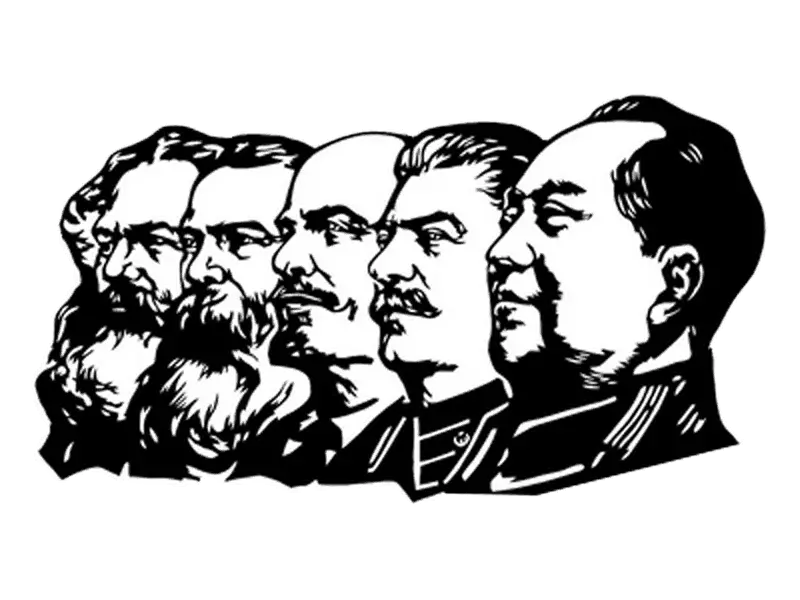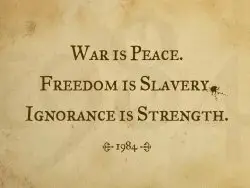What is Ordinary Language Philosophy (Brief)?
Introduction Ordinary Language Philosophy is a method to approach traditional problems in philosophy as misunderstandings of the use of words. In particular, the argument is that philosophers often forget that words have ordinary meanings in language and are not always to...






